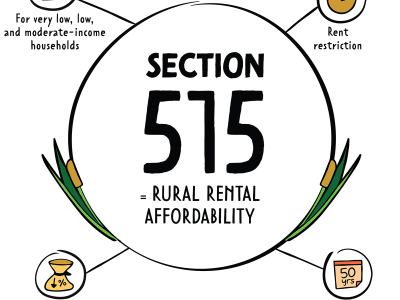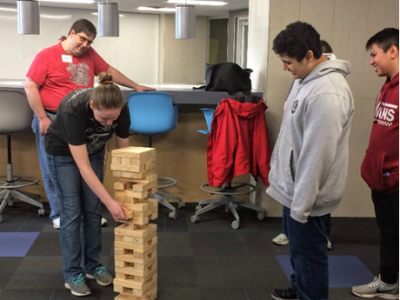Register for "The Future of Rural Rental Housing: USDA Sect 515 Research & Remedies," an event hosted by the Minnesota Housing Partnership.
Join us on May 3, at 9 am, for an overview of the recent report The USDA Section 515 Program and The Challenge of Preserving Affordable Housing in Greater Minnesota and conversation about what the future holds for rental housing throughout Greater Minnesota.
Over the next years, rural areas of Minnesota and across the nation will lose thousands of affordable rural rental homes, as federally subsidized loans for those properties are paid off and requirements to keep rents low thus end. As well, renters will lose eligibility for…

